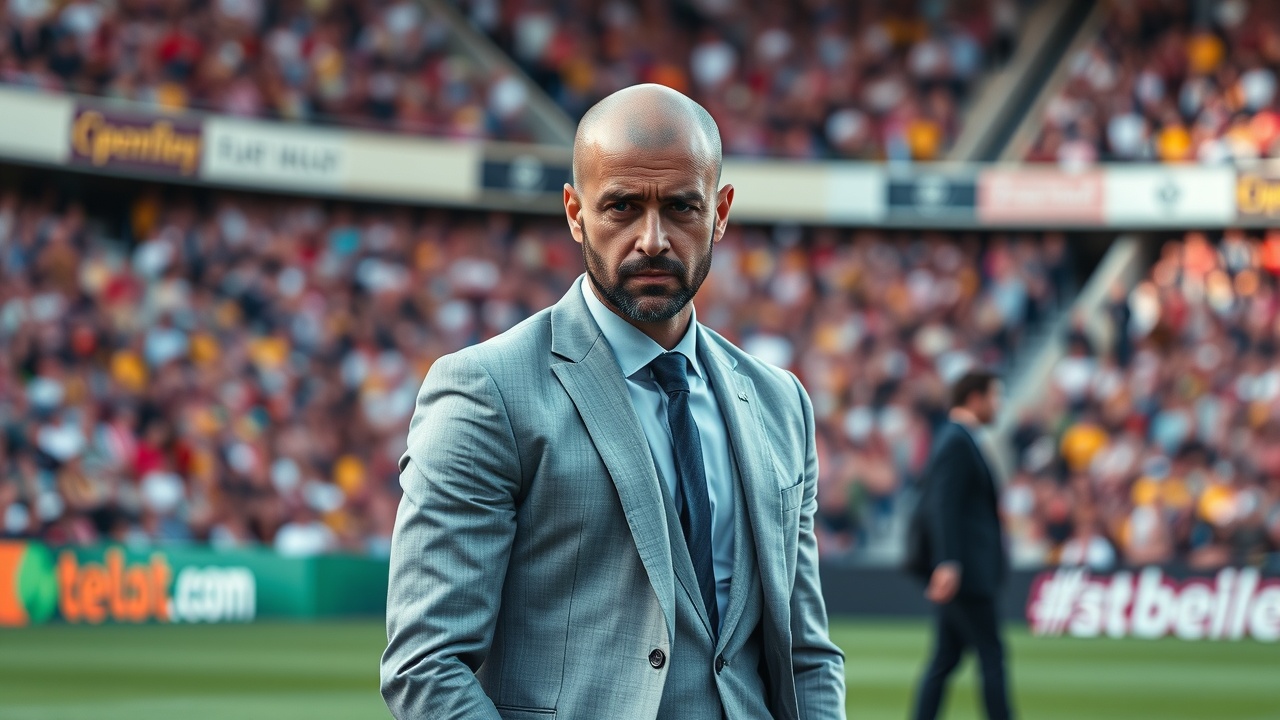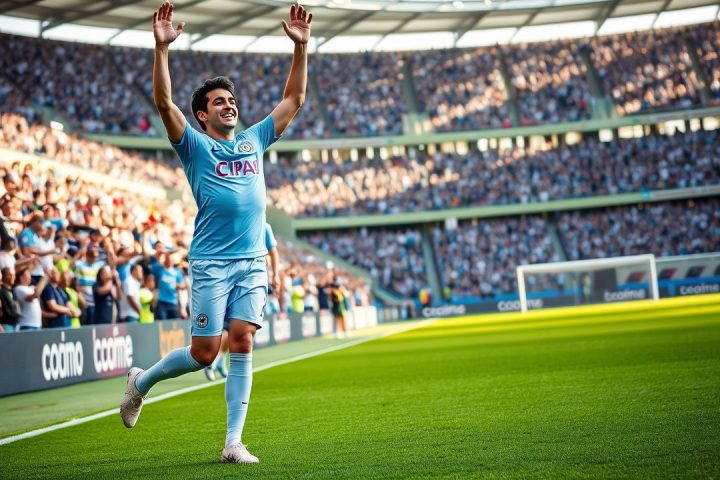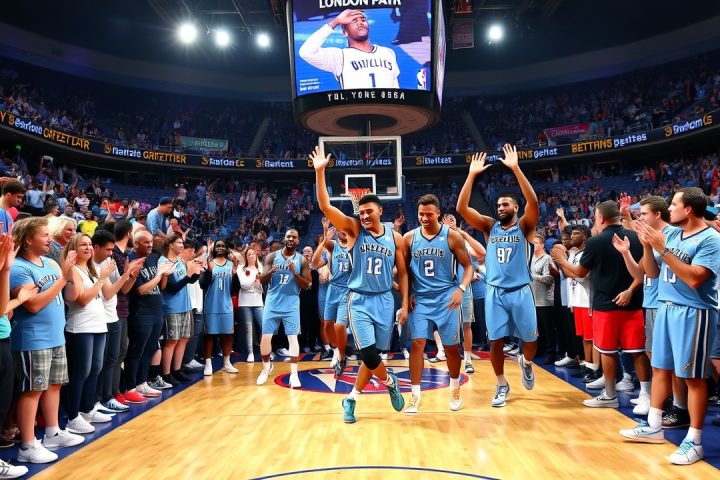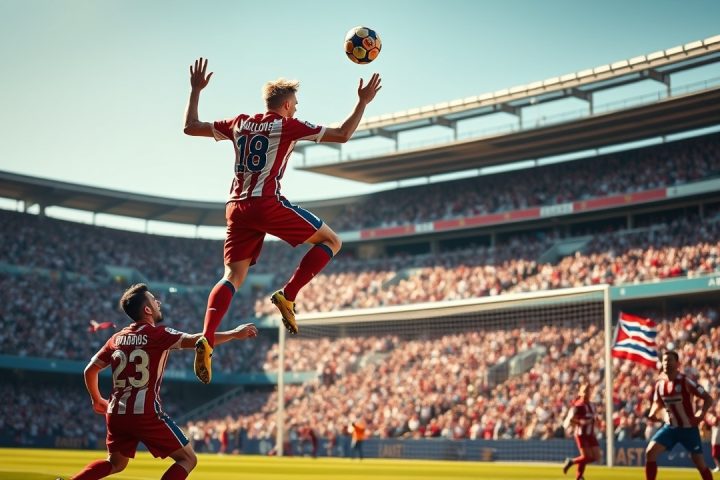Reflections on Mortality and Legacy
In a 2020 interview while promoting “Bill & Ted Face the Music,” Keanu Reeves was posed a profound question by Stephen Colbert about what occurs after death. In true character, Reeves provided a thoughtful response centered around love and remembrance:
“I know that the ones who love us will miss us.”
This moment offers a contrast to the view held by prominent football figure Pep Guardiola, who, in the lead-up to the FA Cup final in May, expressed a starkly different perspective on legacy and memory.
Guardiola’s Perspective on Fame
Guardiola’s reflection on mortality and legacy was marked by a cold realism. He stated,
“When we die, our families cry for two or three days and then that’s it — you’re forgotten.”
Despite his distinguished accomplishments in football, including multiple trebles and significant influence in shaping contemporary football strategies, Guardiola’s remarks hint at a sadness over the transient nature of fame in the sport.
His achievements, including steering Spanish and German national teams to World Cup triumphs, affirm his place in football history. Still, Guardiola’s pessimism arises from a sense that even monumental wins, such as Manchester City’s treble in 2023, can quickly fade from public memory.
The Culture of Football and Its Impact
The prevailing culture in football, particularly in England, appears to contribute to this sentiment. The rapid pace of the modern game, the plethora of events, and condensed seasons foster an environment where even the most notable milestones may become obscured. As fans eagerly move from one match to the next, memories of significant encounters can become as fleeting as social media clips; the details not retained long enough to be cherished.
For instance, many may struggle to recall the specifics of the December clashes between City and Juventus in the newly formatted Champions League.
Ambivalence Towards Tournaments
Recently, ahead of City’s participation in the Club World Cup, Guardiola conveyed his ambivalence regarding the significance of the tournament, expressing doubt that a victory would leave a lasting impression, noting,
“Maybe after two or three days at the end of the tournament it’ll be forgotten.”
His comments underscored how the global perception of tournaments like the Club World Cup doesn’t hold the same weight in England, where the focus predominantly remains on domestic leagues and the Champions League.
Motivations Behind Coaching
Guardiola believes that a coach should not dwell on whether they will be remembered, prompting a deeper inquiry into his motivations for continuing in the high-pressure world of football. Is he driven by a passion for the game itself, or is there an underlying desire for lasting impact?
In the aftermath of a commanding 5-2 victory over Juventus, Guardiola stated that his players had made a statement to themselves, pushing the team to evolve and redefine their objectives.
The Future of Football Memories
Ultimately, the overarching question pertains not only to Guardiola’s future but to the football landscape as a whole. As seasons blend into one another, the sheer volume of games threatens to overshadow individual moments of greatness, leading to a sense that less can indeed feel like more.
Nostalgia for the past persists, with calls for a return to what many deem a time when the integrity of competition and memorable moments held more significance. In a world where the pace of life accelerates, the core of football may endure, but will the memories of its highs and lows be lasting? The answer remains to be seen as the game continues its evolution.




